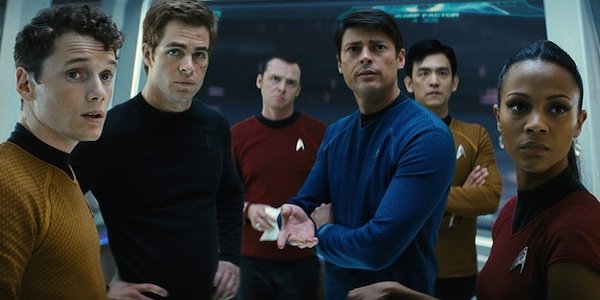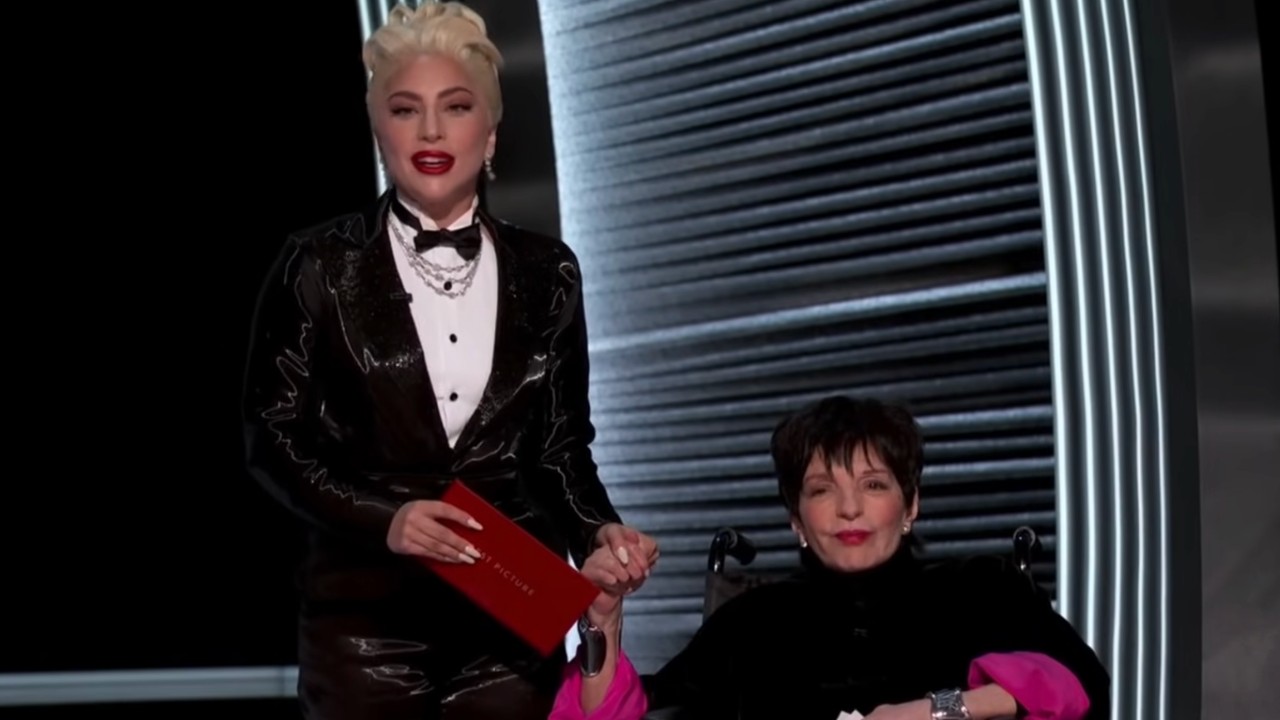How Star Trek Beyond Will Handle A Major Into Darkness Twist

Your Daily Blend of Entertainment News
You are now subscribed
Your newsletter sign-up was successful
Star Trek Into Darkness had some fairly major moments in it that could have far reaching impact on the series going forward. James T. Kirk was brought back from the dead because Kahn’s blood had healing powers. People could use transporters to beam between planets. You’d think that these new technologies would have a major impact on how Starfleet conducts operations going forward. Well, not so much. The director of Star Trek Beyond admits that his film will deal with these massive changes, by not dealing at all with these massive changes.
Justin Lin says that he owes J.J. Abrams for everything that the new Star Trek films are, but at the same time, he’s very much taking ownership of this film himself. Lin says the Star Trek universe is big enough to accept many different points of view so while he’s not going to erase anything that the last film created, he’s not beholden to it either.
I embraced what JJ has brought - without him this whole group wouldn’t be together - so I’m definitely very appreciative of him. At the same time, do we address it? No, but we don’t discount it. We don’t sit there and say it doesn’t exist, it’s part of this universe now.
Justin Lin’s comments to Birth.Movies.Death. are interesting. In an era where every TV and movie studio is trying to create some sort of cinematic universe, this is a very "old school" mentality. It sounds like watching Beyond is going to feel like watching the original series. Those episodes were each designed to be self contained, without building or referencing anything that came before. It sounds very much, like that’s the plan here. The good news is that if you didn’t see Star Trek Into Darkness you should be able to jump right into Star Trek Beyond, and you won’t be missing information. The bad news is that if you watched into Darkness, well, that’s probably enough bad news in itself.
Marvel Studios has forever changed the movie business. The fact that creating a continuity driven series of films can be successful has caused every production company to reevaluate what they’re doing. Now we’re going to have one film series that’s going to essentially ignore its own sequels. Even the original Star Trek films didn’t do that. If this continues we may end up with a Star Trek series that looks more like James Bond than the MCU. It’s not a terrible idea- it may actually be incredibly successful.
Does a "stand alone" Star Trek movie work or would you rather see something that builds on the previous films? Is ignoring the last film the best move to keep from sending the series into some crazy direction? Sound off below.
Your Daily Blend of Entertainment News

CinemaBlend’s resident theme park junkie and amateur Disney historian, Dirk began writing for CinemaBlend as a freelancer in 2015 before joining the site full-time in 2018. He has previously held positions as a Staff Writer and Games Editor, but has more recently transformed his true passion into his job as the head of the site's Theme Park section. He has previously done freelance work for various gaming and technology sites. Prior to starting his second career as a writer he worked for 12 years in sales for various companies within the consumer electronics industry. He has a degree in political science from the University of California, Davis. Is an armchair Imagineer, Epcot Stan, Future Club 33 Member.
